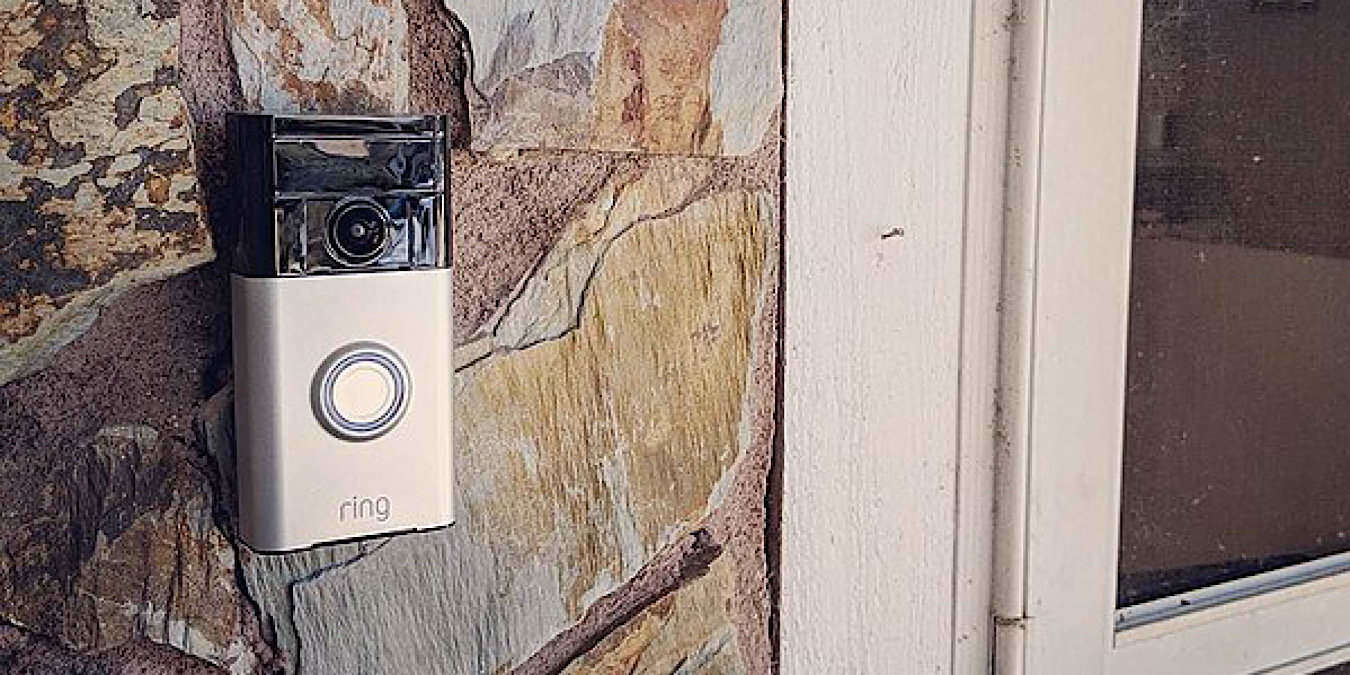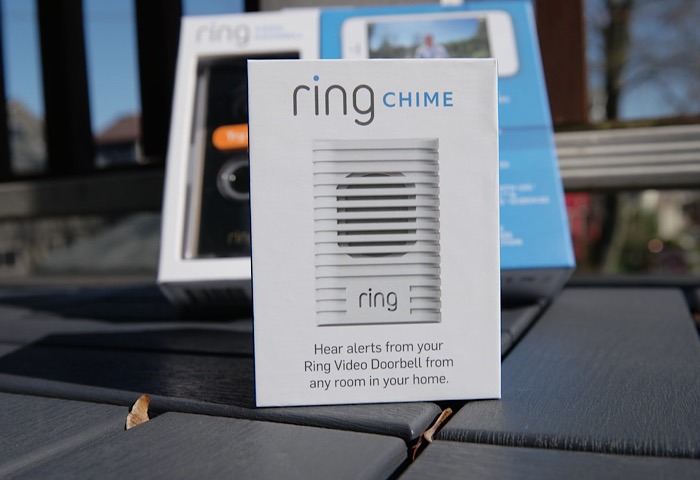
If you hang out on social media regularly, you’ve seen the Ring Doorbell security camera footage that gets passed around and goes viral of thieves stealing packages off someone’s porch or even strange things that are picked up, such as snakes spiraling around in front of the camera. In the first instance, they can be invaluable.
Police feel the same way. That has led more than 400 police forces in the United States to partner with Ring Doorbell. They have been granted potential access to homeowner camera footage to aid in what the company refers to as the “new neighborhood watch.”
Ring and Neighbors
The partnerships that were forged between the police organizations and Ring allow the police to request video from Ring that was recorded by the cameras within a specific time and area. It may not be someone stealing something off your porch. There may have been a break-in down the street, and perhaps the police want to see if they can see the perpetrator escaping as they pass different homes in the area.
The police do not receive access to live video, and homeowners are allowed to decline the request. Ring emails first and asks for permission to their video and adds a thank you for “making your neighborhood a safer place.”
But the point of the example of the videos being passed around online is that those instances are with the permission of the homeowner. They are the ones who put the camera footage online. They are choosing what footage to share. What Ring and the police are saying is that you will still have that option to decide.
Eric Kuhn, the general manager of Neighbors, Ring’s crime-focused companion app, notes that “making the neighborhood safer” was always the mission of Ring.
“We’ve had a lot of success in terms of deterring crime and solving crimes that would otherwise not be solved as quickly.”

The Neighbors program was begun in 2018, and it’s taken off more quickly than what was possibly planned. Ring owners can join an app and link up with others in their neighborhood to share footage and stories of trouble in their area, be it stolen packages, unwanted visitors, missing pets, etc. The company reports about a quarter of the posts are crime-related.
Privacy advocates and legal experts have concerns, however, on where this is leading. They believe that when partnered with the police, the program could threaten civil liberties, make informants out of residents, and subject innocent people to surveillance and perhaps even potential risk.
“If the police demanded every citizen put a camera at their door and give officers access to it, we might all recoil,” explained Andrew Guthrie Ferguson, a law professor as well as the author behind “The Rise of Big Data Policing.”
Yet, he sees that with Ring reaching a “perceived need for more self-surveillance and by playing on consumer fears about crime and security,” that they have discovered “a clever workaround for the development of a wholly new surveillance network, without the kind of scrutiny that would happen if it was coming from the police or government.”
In other words, the Ring allows everyone to walk right into the surveillance network much more easily. Certainly, there are some who would still reject that idea, but there are others who find their way into it more naturally.
Police Access
Ring allows that the police are not told which homes use the Ring cameras or how homeowners responded to the request.
While they could previously use a “heat map” to see where the Ring cameras are, that feature was removed. But it’s not too difficult to walk through your neighborhood and look to see who has the Ring and who has other types of security cameras.
The company adds it would not provide video footage when subpoenaed but would if they received a search warrant. But that’s not the point – the point is that the option resides in their hands and not the owners.
Do you have a Ring camera? How do you feel about the police in your community possibly partnering up with Ring? Tell us below whether you feel it’s an unexpected benefit or an unexpected privacy issue.
Image Credit: Robert Nelson via Wikimedia Commons and “Ring Video Doorbell” by stevegarfield








